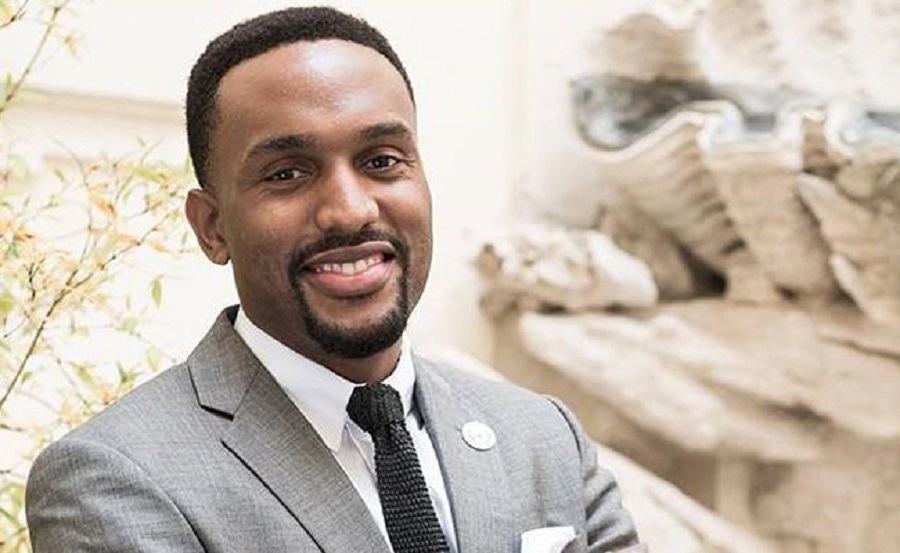Bank of Kigali Completes Core Modernization with Temenos
Rwanda’s largest bank, Bank of Kigali has completed a core modernization process with Temenos, the banking software company. With this development, Bank of Kigali has replaced its core banking system with Temenos’ open platform for composable banking that allows the bank to break free from legacy constraints and accelerate its digital transformation.
Bank of Kigali can now quickly expand its digital channels and engagement to deliver faster, smarter customer experiences. Powered by Temenos, Bank of Kigali aims to double its retail and SME customer base to over one million in the next year through increased automation and new digital services such as payroll loans and enhanced mobile offerings.

The Temenos platform, including the Financial Crime Mitigation (FCM) solution, was implemented by Temenos partners Inlaks and MCB Consulting. With integrated core banking and data management capabilities, the bank can deliver a smooth customer experience with controlled risk.
Read also Egyptian Super-API For Payments MoneyHash Lands $3m Pre-seed
Dr. Diane Karusisi, Chief Executive Officer, Bank of Kigali, commented: “We are delighted to be live on Temenos, the modern technology platform of choice for banks worldwide. Temenos is crucial to our vision of giving anyone, anywhere, the best customer experience through digital and retaining our position as the leader in the country. We also benefit from a wealth of insight and information on banks worldwide as part of the Temenos Value Benchmark that helps us understand, accelerate, and optimize the business value created by our technology investment. I commend our staff and the support of Temenos, Inlaks and MCBC for their hard work in ensuring this go-live went as planned despite all the constraints brought by COVID-19 in the past two years. We can now propel our product innovation and lead the way in digital financial services while benefiting from increased automation to achieve operational efficiency.”
Jean-Paul Mergeai, President EMEA – APAC, Temenos, said: “Congratulations to the team at Bank of Kigali. The go-live on Temenos is a major milestone for the bank and its customers. Rwanda has “bet big” on digitization to accelerate growth and reduce poverty with some of the highest rates of coverage for mobile broadband on the continent. Bank of Kigali has similarly bold ambitions for digital transformation to improve the financial lives of all Rwandans. A modern banking platform is vital to thrive in the world of instant, always-on digital banking and Temenos is proud to support the bank to realize its vision.”
Read also How a common network security technology stack aligns IT & Cybersecurity
Kyari Bukar, CEO, African Operations, Inlaks, added: “As a Temenos partner, we have built our expertise and reputation supporting the growth and digital advancement of core banking operations in the East African region and beyond. Bank of Kigali will benefit immensely from the implementation as the automation of its banking processes will strengthen the effectiveness and performance of its core banking system. Kigali is a key growth market and Inlaks is fully committed to working as a trusted partner with the bank now and into the future”.
Jean-Michel Félix, CEO of MCB Consulting, added: “Congratulations to the whole team of Bank of Kigali, who worked tirelessly and brilliantly to go live on Temenos core banking system. This upgrade is a major shift for Bank of Kigali and quite a milestone, which will undeniably be instrumental in the bank’s growth as it expands its business over time and develops new activities for its customers. Bank of Kigali is grooming itself to be a state-of-the-art bank as part of its digital transformation program. As a trusted and long-standing partner of Temenos, we are honored to have accompanied the bank over the past two years, and particularly on a remote basis during the pandemic, leading to this successful go-live.”
Kelechi Deca

Kelechi Deca has over two decades of media experience, he has traveled to over 77 countries reporting on multilateral development institutions, international business, trade, travels, culture, and diplomacy. He is also a petrol head with in-depth knowledge of automobiles and the auto industry





